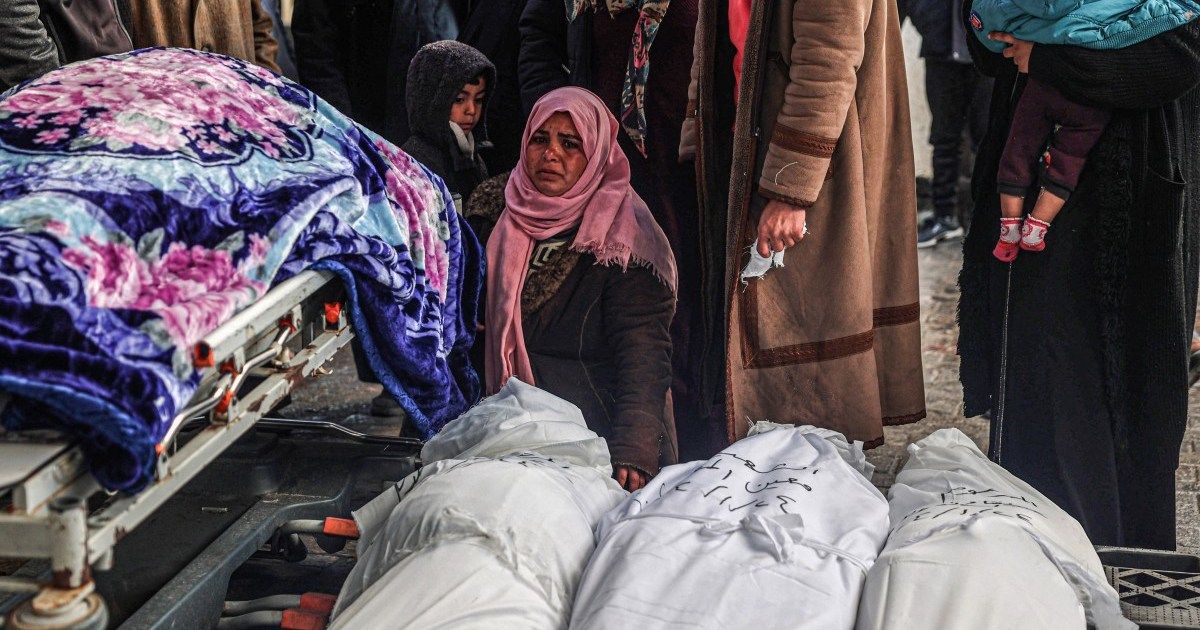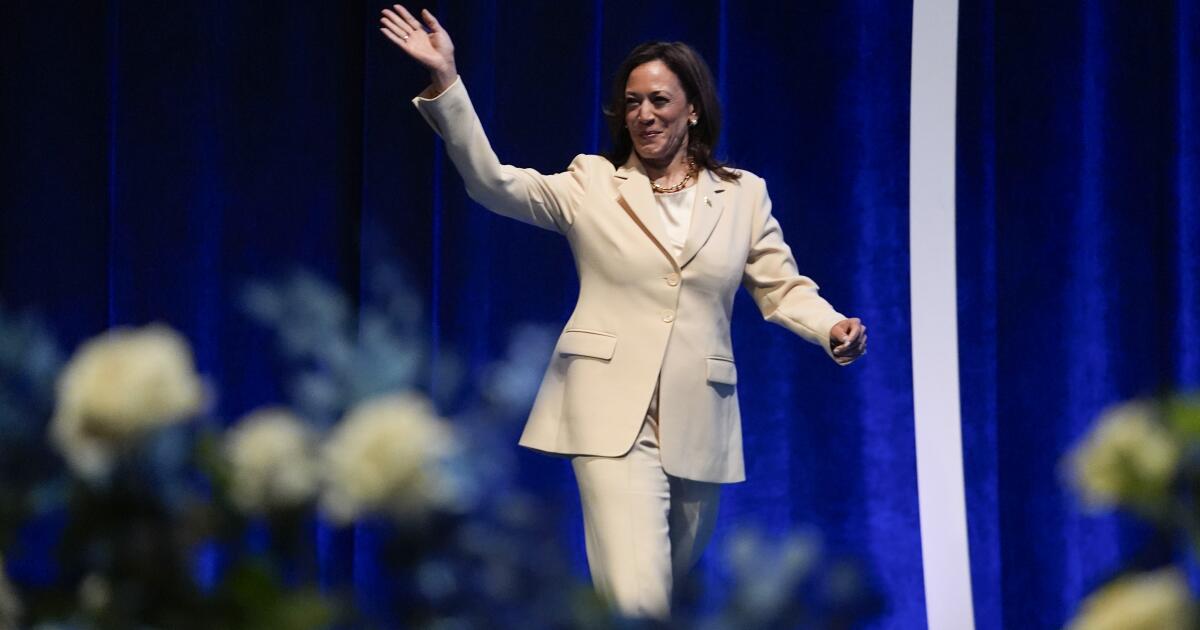The CIA and Mossad are headed to meet in Europe with Qatari officials to negotiate a second captive-for-prisoner exchange and truce.
The director of the US Central Intelligence Agency (CIA) and his Israeli counterpart will meet with Qatari officials to negotiate a possible second agreement that would guarantee the release of captives held in Gaza and a pause in hostilities.
CIA's William Burns and Mossad chief David Barnea will meet Qatari Prime Minister and Foreign Minister Sheikh Mohammed bin Abdulrahman Al Thani in Europe over the weekend, informed sources told Al Jazeera about the conversations.
US President Joe Biden's administration has been actively working to secure the release of some 130 captives still held by Hamas and other Palestinian armed groups.
Any new agreement between Israel and Hamas would also aim to achieve the longest cessation of hostilities since the war broke out in October, officials told the Washington Post, which first reported on Burns' trip.
Egypt's intelligence chief Abbas Kamel will also participate in the meeting.
Key mediators are trying to narrow differences between Israel and Hamas over the length of the truce and the number of captives to be freed in exchange for Palestinians detained by Israel, according to Al Jazeera sources.
Qatar, along with Egypt, has entered into negotiations to mediate a truce in Gaza and ensure the entry of humanitarian aid to the besieged enclave. In November, he helped secure a week-long lull in fighting in which more than 100 captives were freed in exchange for Palestinian prisoners held in Israeli jails.
White House national security spokesman John Kirby told reporters that the CIA chief has been “involved in helping us with the hostage agreement that was in place and trying to help us find another one.”
US ally Israel has vowed to eradicate Hamas, unleashing a torrent of air, land and sea attacks that have devastated most of the Gaza Strip, killing at least 26,083 people and wounding more than 64,000. say Palestinian health officials.
Al Jazeera's Hoda Abdel-Hamid, reporting from Tel Aviv on leaks in Israeli media about a two-month ceasefire, said serious disagreements remain over any possible deal between Israel and Hamas.
“The Israeli public does not have a complete picture because there are still many sticking points. “Hamas has said time and again that it will not accept any deal unless it leads to a permanent ceasefire and the end of the war,” Abdel-Hamid said of the deal that could see the release of an Israeli captive in exchange for 100 Palestinians. detainees transferred from the occupied areas of the West Bank and Gaza.
Israeli Prime Minister Benjamin Netanyahu has ruled out any political agreement that would lead to the formation of a Palestinian state and an end to the war until Hamas is eradicated.
The main “conflict point” of the ceasefire
Israel has proposed a 60-day pause in fighting during which more than 100 captives would be freed in phases, starting with civilian women and children, the Reuters news agency reported.
This would be followed by the release of male civilians, female soldiers and the remains of captives who died after being kidnapped by Hamas, according to the source cited by Reuters.
Such a plan would be at odds with Hamas's latest proposal that calls for an end to the war, international guarantees that it will not start again, and the release of all detainees held by Israel, including those who participated in its Sept. 7 attack. October against Israel.
Al Jazeera's Stefanie Dekker, reporting from occupied East Jerusalem, said that while a permanent ceasefire was a “real sticking point”, news of the meeting suggests there appears to be some momentum to reach agreement on other issues.
“This is the first time there appears to be any hope that both sides can reach some kind of understanding since the ceasefire collapsed in early December,” he added.
Dekker said Netanyahu was under a lot of pressure domestically to do more to bring the captives home, including pressure from their families.
“The message from families is very simple: reach an agreement. Whatever it takes,” he added.












